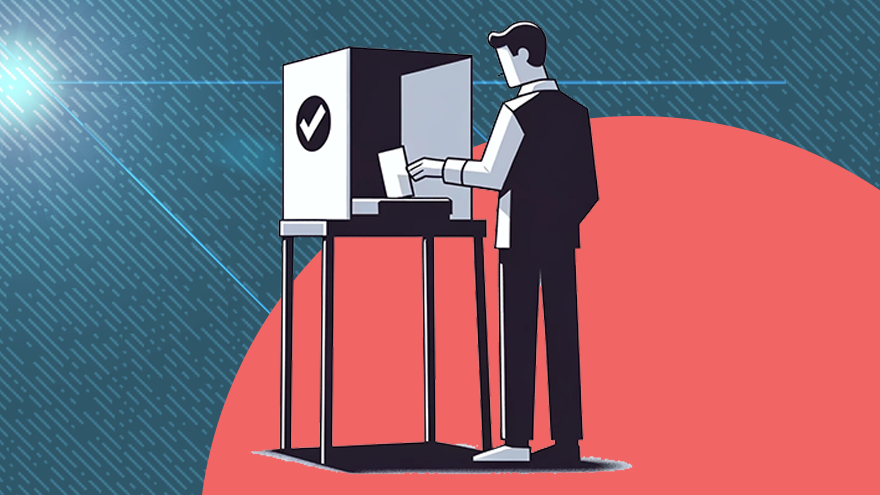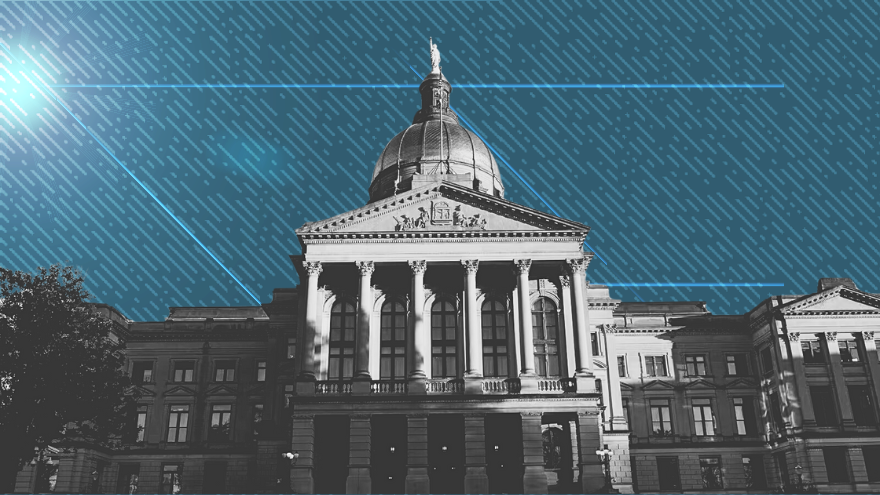Americans are less interested in the presidential election than they have been in the last two decades according to new data.
NBC News published a new poll showing that interest in this year’s election has dipped to a historic low.
Participants were asked to rank their interest in the November election from 1 to 10, with 10 signifying “very interested.” In total, 64% of participants ranked themselves as a 9 or 10.
NBC has posed the same question to voters during every general election for almost two decades. This year’s results mark a 13% decline from July of 2020 when 77% of voters expressed interest in the first match-up between former President Donald Trump and current President Joe Biden.
Voters are also less interested this year than they were in 2016 (69%), 2012 (67%), and 2008 (74%).
Republicans (70%) were more likely to express significant interest in this year’s election than Democrats (65%). Approximately 48% of independent voters consider themselves to be highly interested.
The poll was conducted between April 12 and April 16. In total, 52 female and 48 male registered voters took part.
Participants were also asked who they would support if the election was held today and Biden and Trump were the nominees for their respective political parties. Approximately 46% said they would back Trump while 44% would support Biden. Another 5% of voters said they did not want to support either candidate.
NBC’s poll comes on the heel of a new Gallup survey which found that 54% of Americans are “more enthusiastic” to vote this year as compared to other elections. Roughly 41% of voters indicated they were less enthusiastic than usual and 4% said they were as enthusiastic as usual. The organization ultimately reported that net enthusiasm for the November election was 13% above average.
“Net enthusiasm for voting was greater at similar points in the 2020, 2008 and 2004 presidential primary seasons than it is today, but was lower than now in 2000, 2012 and 2016,” noted Gallup on April 4. The survey was conducted between March 1 and March 20.
The survey’s authors added:Americans typically become more enthusiastic about voting by Election Day, with the percentage ‘more enthusiastic’ reaching close to 65% in late October/early November and the percentage ‘less enthusiastic’ shrinking to about 23%. That was the case in all elections since 2004 except for 2016, the latter featuring two historically unpopular nominees in Donald Trump and Hillary Clinton…
Partisan differences in voting enthusiasm can vary over the course of each election year, but the party with the higher enthusiasm score at the end of a presidential campaign usually sees their candidate win. This is likely because partisan enthusiasm at that point in the election cycle is closely tied to their candidates’ position in the preelection polls — the better their party’s candidate is doing, the more enthusiastic they feel about voting.
Gallup found that Republicans (24%) currently have a higher net enthusiasm score than Democrats (13%).

